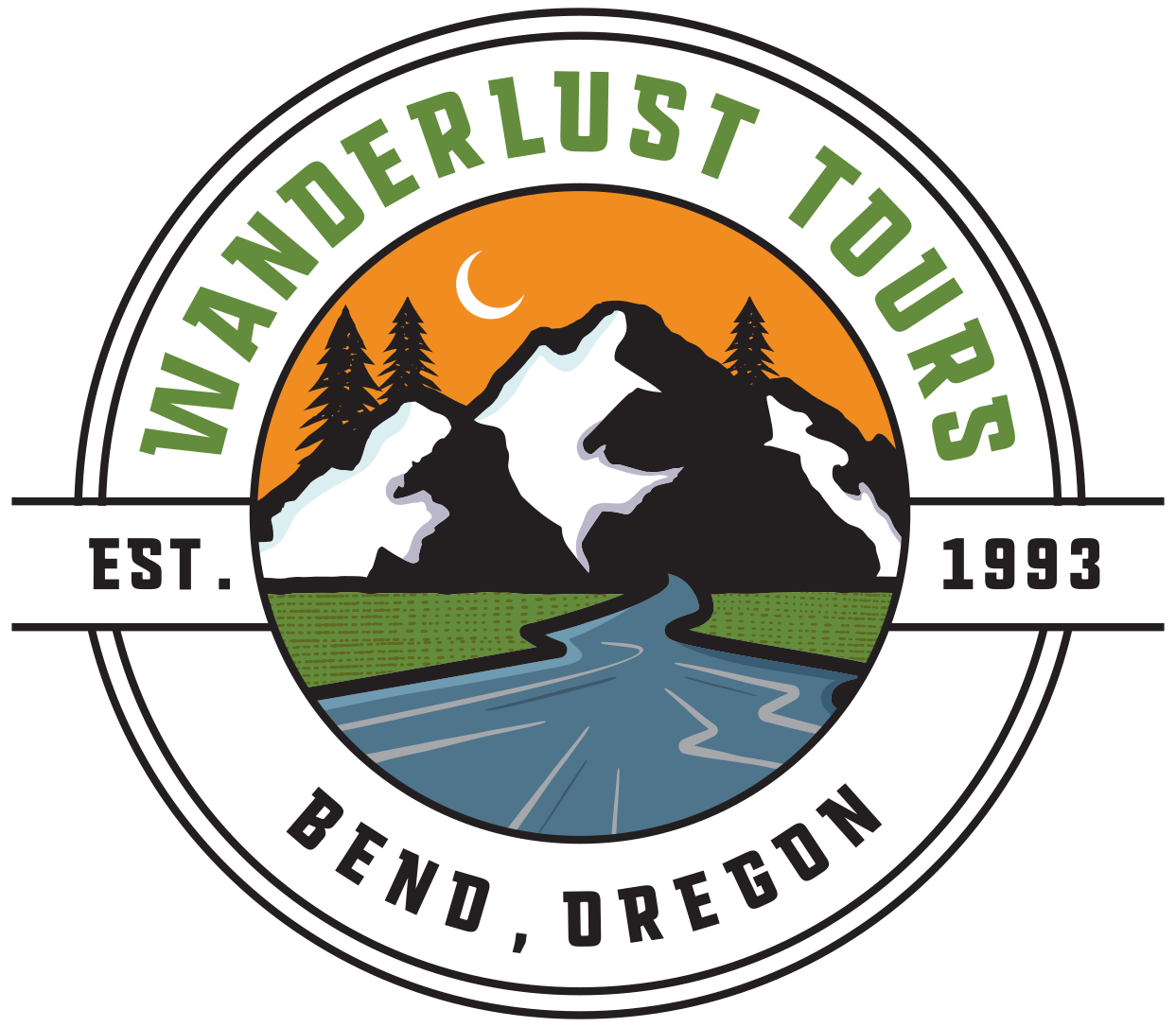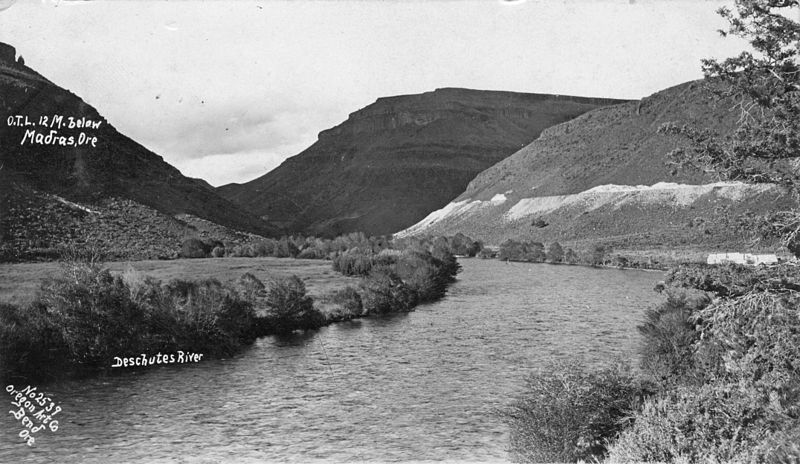Photo by Danny Walden
The River
We love the Deschutes! You may know it as the beautiful, rolling river that passes right through the town of Bend. Throughout its course, the Deschutes gathers many of the tributaries flowing down from the generally drier, eastern side of the Cascades. It's a powerful, diverse river, starting modestly at Little Lava Lake, and continuing on to become a main tributary of the mighty Columbia River. If you want to learn more about this amazing river, we lead daily canoeing and kayaking trips in the spring and autumn!
The History
For thousands of years, the Deschutes was an important landmark for Native Americans traveling to and from the Columbia River. It was originally named Towarnehiooks, until French fur traders renamed it the Rivière des Chutes, meaning River of the Falls. The famed cartographers Lewis and Clark first encountered the river on October 22, 1805, briefly renaming it Clarks River, and it proved to be a pretty huge obstacle for those who subsequently followed the Oregon Trail.
Recreation
Visitors and locals alike have long enjoyed watching the water as they stroll through Drake Park. Kayaking, rafting, canoeing, and stand-up paddle-boarding are all popular activities. In the warmer weather, it's become increasingly popular to "float" the Deschutes on inner tubes. As with any ecosystem, it's important to be mindful of how we interact with the river and to strive for the least possible impact on its inherent health.
Protection
Much like Walt Whitman, the Deschutes is large, and contains multitudes! While it provides fun, and respite from the heat for hundreds of people every year, it's also a delicate ecosystem that supports a variety of wildlife! Fish like Trout, Salmon, and Steelhead rely on the water to stay cool, oxygenated, and clean in order to thrive. A large number of bird species (like the Osprey, Belted Kingfisher, or Great Blue Heron) also rely on those fish as a food source-- not to mention that all animals need a reliable, clean source of drinking water, including the elk, bears, otters, marmots, foxes, lynxes, beavers, and countless other animals that rely on the Deschutes to stay alive.
How to Help
It's always worth considering how you might be affecting the watershed, and the easiest way to avoid further contamination is by purchasing products that won't negatively affect the water. Pesticides are a huge factor in the pollution of rivers-- seek out organic alternatives to products that prevent weeds or pests. It is also important to remember not to pour prescription drugs or any harmful chemicals (including the ones in your cosmetics!) down your toilet.
The Coalition for the Deschutes is a wonderful nonprofit that advocates for the health and safety of the Deschutes River. They host educational workshops and cleanup events, as well as fundraising for important projects.
We suggest you consider donating or volunteering with them on behalf of this great cause.








